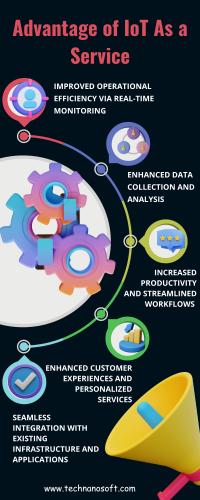Blockchain in the Banking Sector - Changing the Banking System

Every day, important news about cryptocurrencies emerges, which alarms those of us in the licensed financial sectors. From rising and falling fluctuations to a lack of oversight to debates about decentralized banking, most of the broader storyline surrounding cryptocurrency is a far cry from the banking and finance industry we all have grown to recognize.
Like many other revolutionary technologies, Blockchain has been accepted by financial institutions, investors, innovators, intellectuals, governmental bodies, and others. Various experts foresee favorable outcomes from blockchain adoption, including additional revenue concepts, productivity benefits, cost savings in the millions, and substantially reduced risk across the spectrum.
Blockchain
While many readers understand and use bitcoin, some are different, allowing me to explain where Blockchain comes into play. It uses a ledger system and database to track all transactions to count bitcoins. The ledger file is not hosted on a single server, highlighting Blockchain's unique selling point: it is a decentralized system. The ledger file is distributed globally and preserved on private computers, which store and calculate data.
For instance, suppose A intends to transfer five bitcoins to B; they will send out a message to each node (personal computers) stating that A's bitcoins should indeed be lowered by 5 and B's must therefore be boosted by 5. Each server will receive this data and update its copy of the bitcoin balances of A and B.
Every account is secured using an encryption method that employs a unique and distinctive pair of linked keys: public and private. Blockchain enables everybody to observe everyone else's transactions while not requiring you to trust anybody or anything.
In simpler terms, Blockchain is a distributed ledger akin to a Google spreadsheet that is shared across many computers in a network and contains transactional records derived from actual transactions. The exciting element is that everyone can access the data but cannot modify it.
Blockchain Could Disrupt Banking System
Blockchain technology is Anticipated to enhance healthcare, government, and retail industries. — especially the banking industry. Blockchain can completely alter the banking system, making it more transparent, efficient, safe, and cost-effective.
The development of cryptocurrencies and blockchain technology has significantly influenced the banking and payments sector today. The legacy system relies on the inheritance of technology solutions dating back to the launch of credit cards and interbank settlements in the 1900s to be used by centralized, established financial institutions with institutional and retail clients.
Financial executives argue that Blockchain must meet many criteria before becoming a dominant technology in the banking industry. To reap the benefits of Blockchain, banks still must construct the infrastructure necessary to operate a worldwide network utilizing a matching solution.
Blockchain Banking
Blockchain has yet to be expected in the financial business, but it is gaining traction. While implementing Blockchain, financial organizations, especially banks, must keep various procedures in mind. For starters, banks may invest in blockchain infrastructure and guarantee that they adhere to global guidelines for this innovation.
Only when this occurs will it become feasible to implement Blockchain worldwide. Assuming Blockchain can become a benchmark will contribute to more transparent banking institutions, faster transaction processing, and lower processing costs.
- Person To Person Transactions, Elimination of Middlemen
- International Security Expedition
- Transaction Tracking
- Online Verification, Security against Fraud
- Reducing Human Errors
- Share Trading
- Crowdfunding
Conclusion
Blockchain technology's most apparent and fundamental application is as a payment mechanism. Cryptocurrencies like bitcoin and others function as virtual cash and a method of transmitting payments in that currency worldwide. These transactions are quick and involve only an internet connection. Although a transaction could take several minutes to be 100% verified, it occurs in a couple of seconds. These transactions are transnational, safe, and, for the most part, anonymous.









Comments